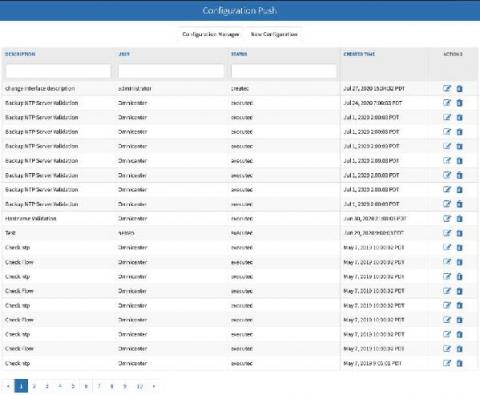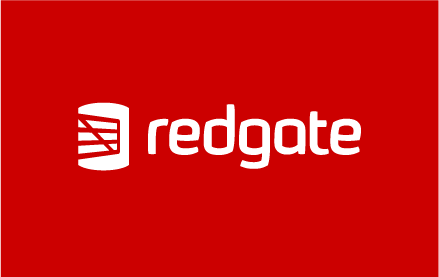AWS EC2 Service Discovery with HAProxy
AWS Auto Scaling groups are a powerful tool for creating scaling plans for your application. They let you dynamically create a group of EC2 instances that will maintain a consistent and predictable level of service. HAProxy’s Data Plane API adds a cloud-native method known as Service Discovery to add or remove these instances within a backend in your proxy as scaling events occur. In this article, we’ll take a look at the steps used to integrate this functionality into your workflow.











